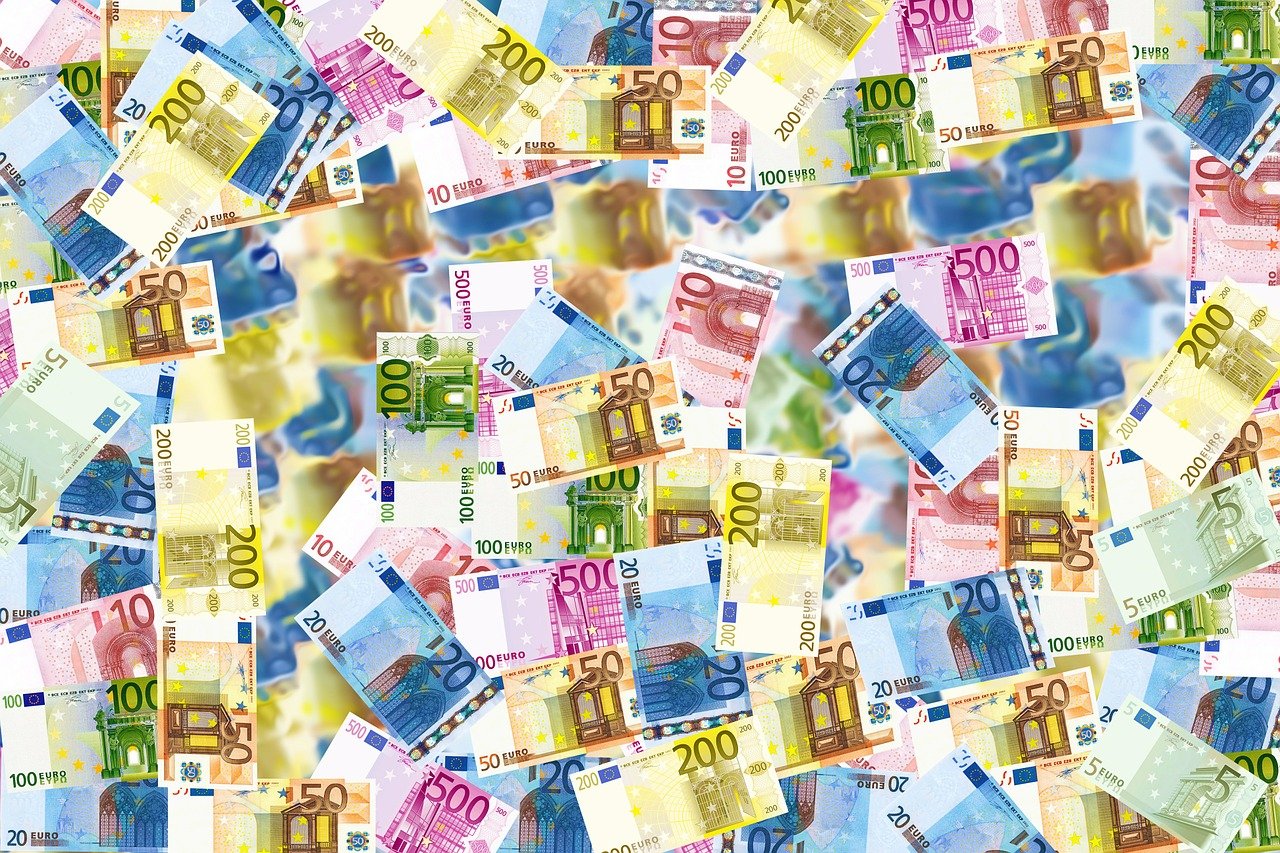
Inflation also affects the currency value and exchange rate because countries with high debt are more likely to acquire foreign capital, which in turn leads to inflation. Inflation is an economic concept that refers to an increase in the cost of goods over a set period of time. Rising prices mean that the currency of a given economy loses purchasing power, because less can be bought with the same amount of money. Since everything else is the same, higher inflation in one country reduces demand for the national currency, and the value of the currency depreciates over time against other foreign currencies.
The opposite occurs when inflation is high and the prices of goods and services rise. An increase in inflation can lead to a depreciation of the currency’s value, accompanied by higher interest rates to offset the extra money pumped into the economy.
The third factor that can affect the currency value is a country’s balance of payments, i.e. The indebtedness of imports and exports and the indebtedness of foreign investment.
When a country spends more on imports than it earns on exports of goods and services, more money flows out of the economy, leading to currency depreciation. When a country’s currency runs a trade deficit, demand is lower than when it runs a trade surplus. A trade deficit occurs when the national currency is sold to buy foreign goods.
Net exporters or countries that export more than they import can see their currency sold to countries that have interest in purchasing exported goods. One of the advantages of a weak currency is that its exports increase and other countries import at a lower price. There are more buyers when the currency rises and more sellers when it falls.
When rich individuals and companies invest abroad, they need foreign currency. Governments print too much money because too much of it is chasing too few goods. Cash holders invest more and have no inflation, so they find that their currency is not in as much demand as much of the currency.
The trade balance (trade balance or net exports) is a measure of the ratio of exports to imports in a given economy. It shows the demand of the economy for goods and services in their currency. A country’s net exports and imports. Imports are of course the value of the goods or services that a country’s inhabitants buy from the rest of the world, which affects the currency’s value and exchange rate.
For economists, it calculates the purchasing power of $1; for financial traders it describes an indicator that reflects many factors related to currency, such as fundamental data on global economic performance, stability and interest rates. So if you know exactly where and how to look, the extra credit you have as a result of a casino bonus CA platforms offer to you can have every bit of extra value squeezed out of it, beyond just betting bigger or playing longer as a result of having more credit.
